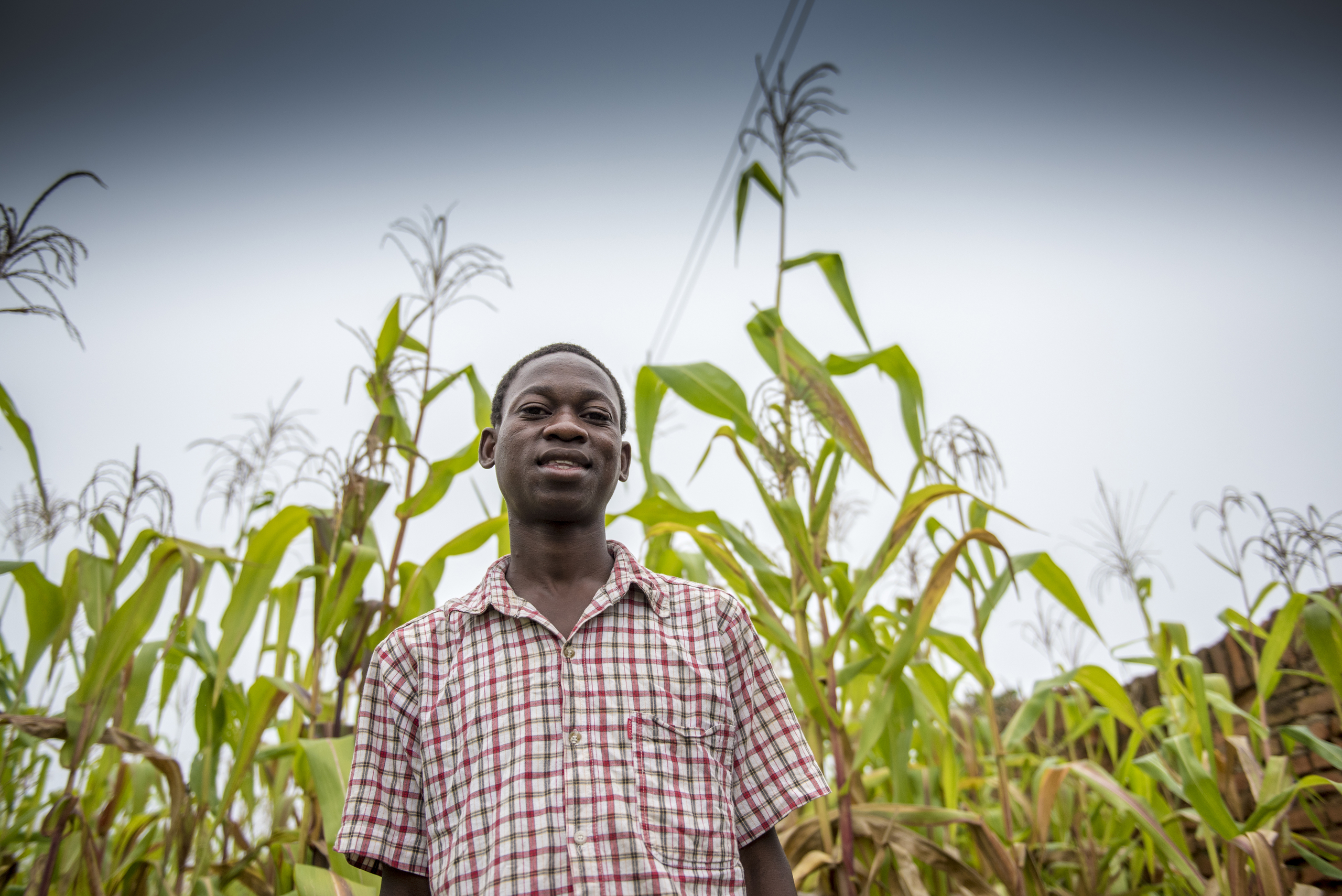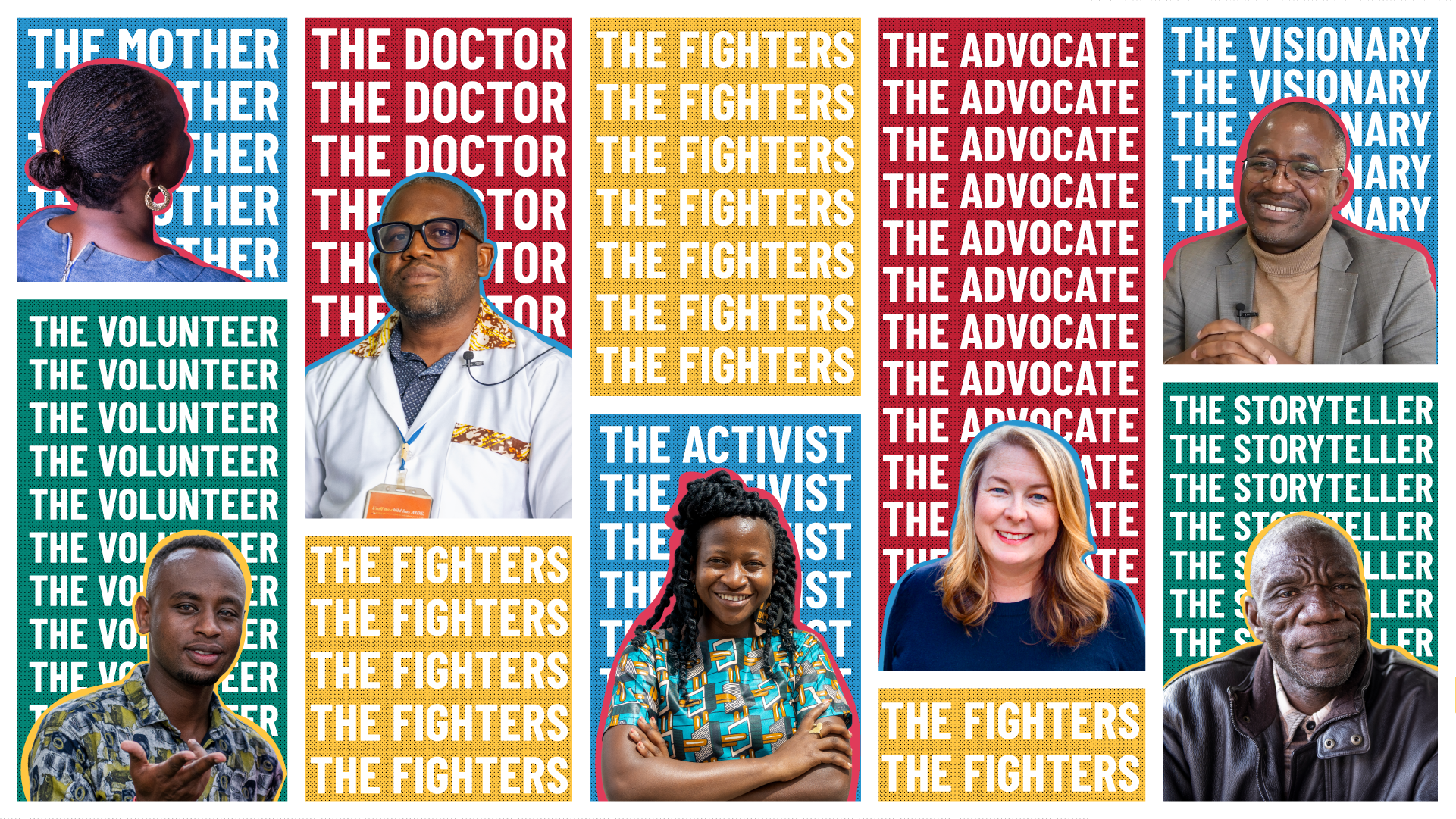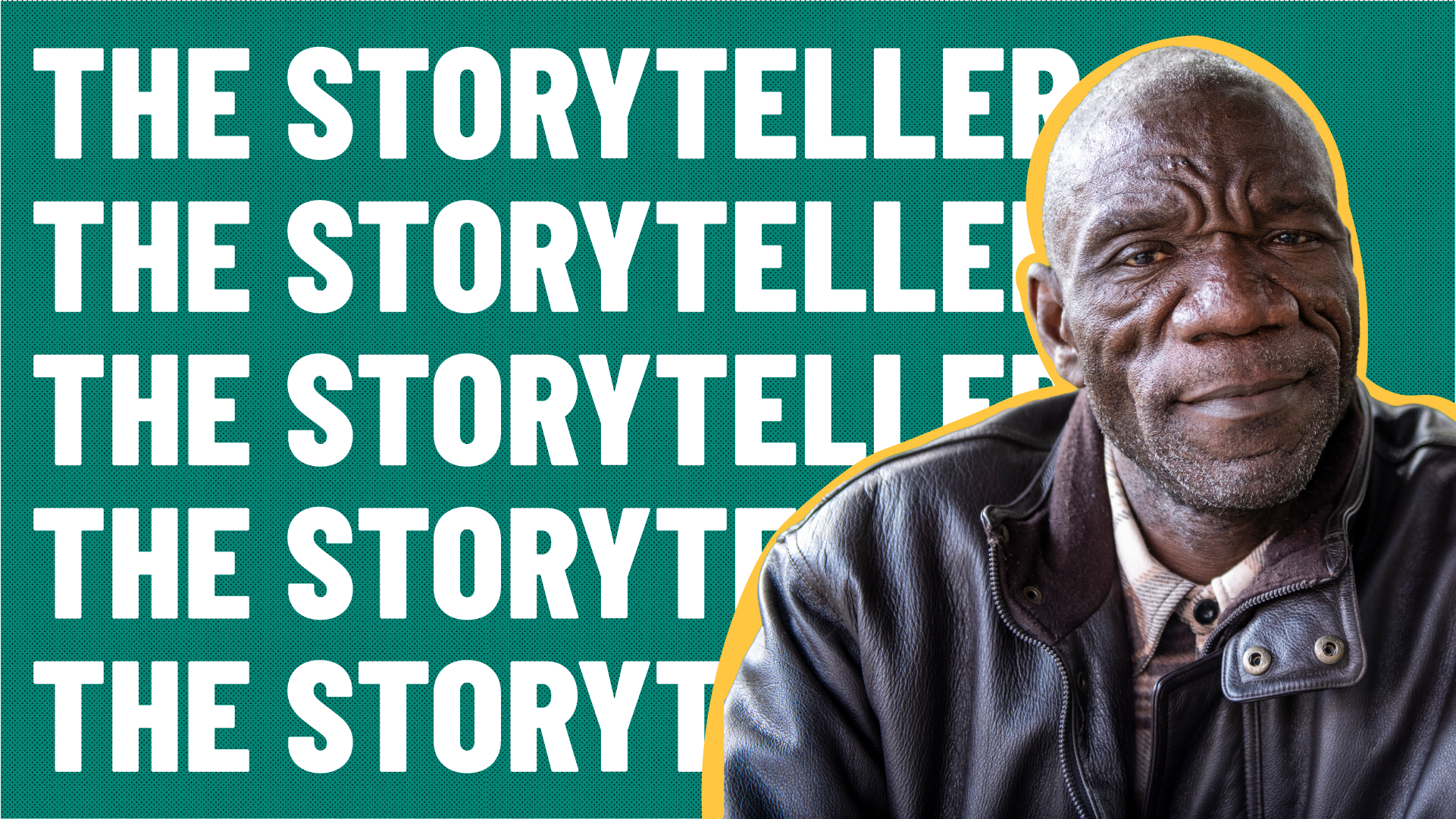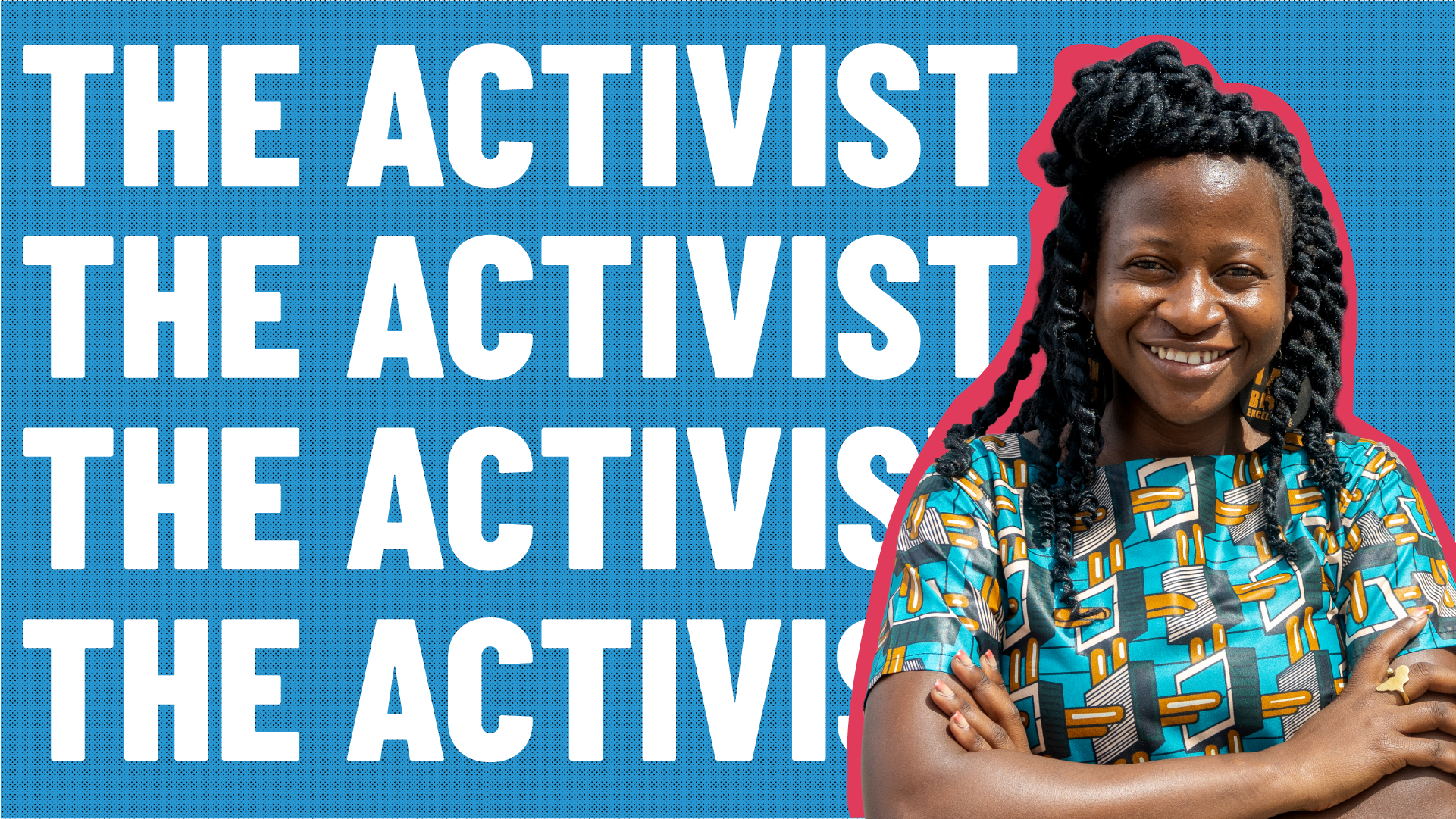Pemphero, 17, does not remember a day that did not begin with taking antiretroviral (ARV) medication. He also cannot remember his parents, who died from AIDS-related causes when he was still a toddler. Pemphero grew up in the homes of relatives in his village outside Mchinji, Malawi. He figured that every child started the day by drinking ARVs.
By the time he was 10, however, Pemphero started to notice that other children did not share his routine.
“Why am I drinking medicine every day?” Pemphero asked his grandmother.

That’s when she brought him to the Mchinji District Hospital, where an HIV counselor explained to Pemphero that he is unlike other children and requires daily medication to stay well. Without using the word “HIV,” the counselor encouraged Pemphero to continue taking his medicine. He also invited Pemphero to join a teen club supported by the Elizabeth Glaser Pediatric AIDS Foundation, which provides psychosocial support for children living with HIV.

The club is divided into two groups: preteens and adolescents, meeting at separate times. Most younger children in the club—like Pemphero at the time—are unaware of the fact that they are living with HIV, but they do know that other children in the club also take medicine each day to stay strong and healthy.


This partial disclosure of HIV status is a common method of preparing children to accept their HIV status at a later date when they are more mature and capable of understanding and accepting this reality. The children in the club meet once a month to pick up their medication, listen to health talks, and play games together at the hospital—jump rope, football, netball, bao (mancala), cards, and checkers.

“Before I started coming to the club, I felt that I was alone,” says Pemphero. “But I immediately made a friend at the teen club, and I started to feel more comfortable.”
“It’s a big challenge because if you have lost a parent, the one you are staying with cannot manage to help you or handle you the way that parents can handle you. The one you are staying with cannot afford to support you the way that a parent can.”
Three years ago, when he was 14, Pemphero moved out of his village to live with his sister Florence and her husband, Stanley, near the center of Mchinji. Now he lives within walking distance of his school as well as the hospital where he picks up his medication and attends teen club. Stanley, a local government official, has taken on the role of guardian and mentor.


“I have tried to have the food that will help him,” says Stanley. “I have tried to encourage him in the arts, and I have tried to encourage him in terms of education. When he tried to give up and said that there is no future, I give him examples of people who have succeeded.”
At the time of his move, Pemphero was old enough to graduate to the adolescent teen club. The HIV counselor workers disclosed his HIV status to him, confirming Pemphero suspicions: he had been infected with HIV while his mother was pregnant with him or during breastfeeding. Still, the teen was stunned.
“After I received the message that I am HIV-positive, I was not happy,” says Pemphero. “I thought, ‘Why am I like this? What will happen when I apply for a job and they ask about my status? Can I have a wife? Will my friends judge me?’”
“At that time, I wanted to kill myself because I felt that I was not an important person,” Pemphero remembers. Stigma is still a factor for many children and adolescents living with HIV in Malawi. Pemphero says that he has experienced schoolmates who no longer play with him after learning that he takes ARVs.
“If the teen club did not exist, it would be difficult to understand and accept my HIV status,” says Pemphero. “Taking the treatment would be so hard. But I have learned from teen club that I can be healthy. I no longer think about killing myself. I realize that there are many young kids with the same status as mine. I realize that I can get a job.

“When a new boy comes to the club, I say to him, ‘You’re welcome here in our teen club. How many times do you take ARVs in a day? When we have taken them, we stay healthy. But if we don’t take the ARVs for a long period of time we become sick and start to feel pain. When you start taking them you are not supposed to stop. Thank you.’”
“The teen club has given me the comfort and confidence to live a good life,” he says.

Pemphero enjoys playing football and doing calisthenics with his friends at Teen Club. But his favorite activities are writing dramas and poetry. Usually, his writing focuses on discrimination and other challenges of living with HIV. With a little prompting, he recites this poem in Chichewa, the official language of Malawi:
Who knows if I can be in secondary school?
Who knows if I can be in college?
Who knows if I can have children?
Who knows if I will ever be in the office working?
Only god knows that I can be in the office working.
Only god knows that I can have children.
Only god knows that I can be in college.
Only god knows that I can be in secondary school.





